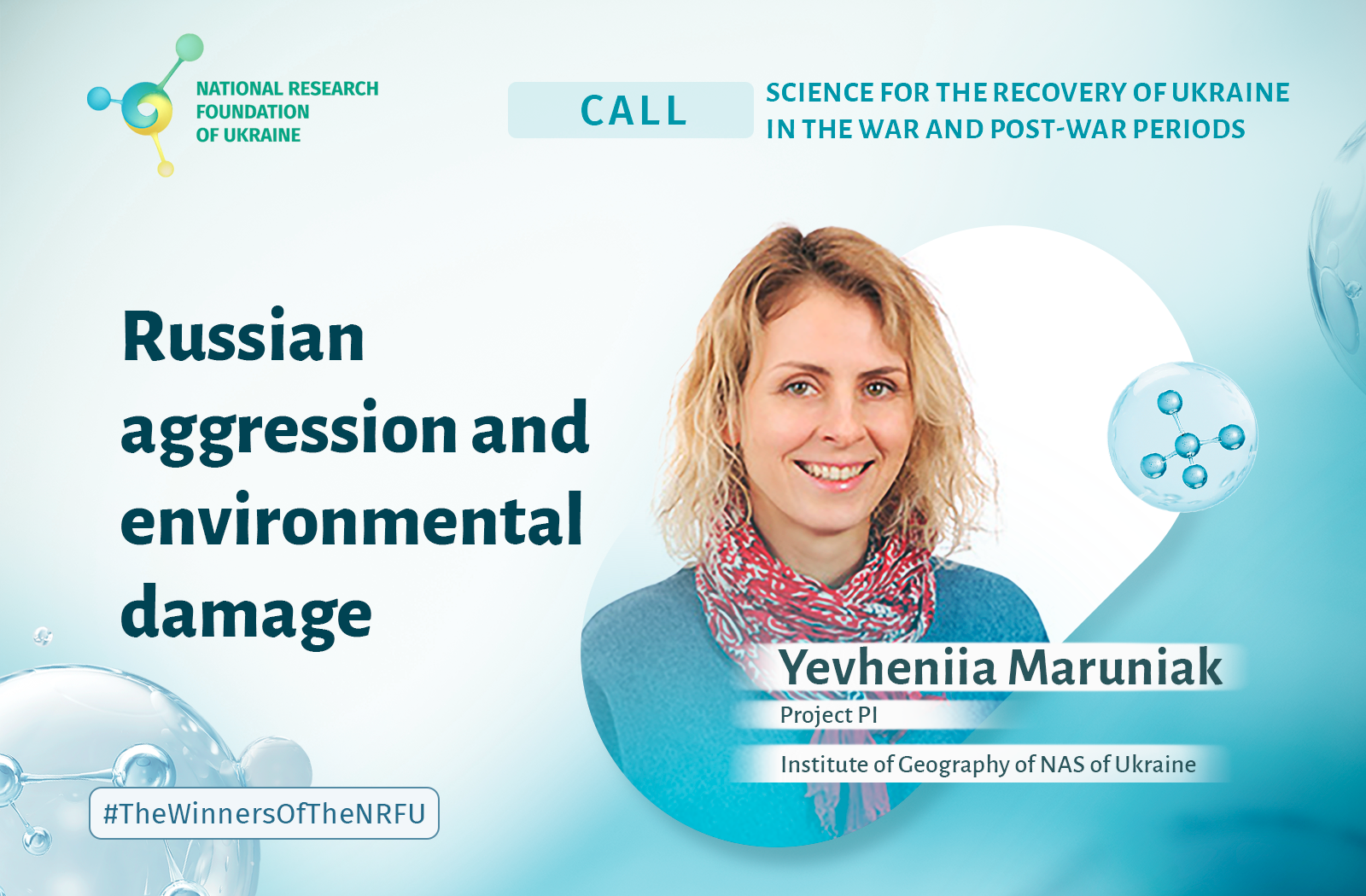Stem cells will help to overcome COVID-19
Can pneumonia and other dangerous complications of COVID-19 be treated with stem cells? Today scientists from many countries are looking for an answer to this question. Ukrainian scientists from the Institute of Molecular Biology and Genetics are also studying the effects of these cells on the state of the respiratory, cardiovascular and immune systems. In 2020, the project “Study of the state of the respiratory, cardiovascular and immune systems in patients with pneumonia COVID-19 after transplantation of cryopreserved allogeneic mesenchymal stem cells” won the competition “Science for human safety and society” of the National Research Foundation and received grant funding more than eight million hryvnias.
The supervisor Volodymyr Shabliy said that today more than 80 studies like that are conducted in the world. Researchers are studying the state of the immune system, finding out what causes “failures” in its work, why complications of the cardiovascular and respiratory systems develop, and looking for the best way to stop the inflammation caused by the virus, including mesenchymal stem cells. These cells have the unique ability to “block” inflammation: they are “embedded” in the tissues of the heart, blood vessels, lungs, bones, cartilage, etc. and help the patient recover quickly. They can be obtained in particular from umbilical cord blood, umbilical cord and placenta.
Lungs have fully recovered
The researchers of the institute began to study the effect of these cells on the body of patients with COVID-19 patients in the first days of the pandemic. The research was conducted on the basis of hospital # 4, doctors and scientists analyzed the condition of patients and studied how they respond to treatment with such cells.
– The study included about thirty patients of different ages with bilateral pneumonia, saturation below 93 percent and severe course of the disease, – Mr. Volodymyr explained. – Patients participated in the study voluntarily, with informed consent, all procedures, manipulations and tests for them were paid for by organizations that conducted clinical trials. In the second week after the introduction of stem cells, the lungs of four of the thirteen patients fully recovered. At week 24 positive dynamics was recorded in all patients and only one of them had signs of fibrosis in one lobe of one lung. In the control group, which did not receive cell therapy, one person died, and seven had manifestations of pulmonary fibrosis.
The need for a scientific approach to treatment
The researchers also set out to investigate the mechanisms of the immune system’s response so that doctors (both in Ukraine and abroad) could use this data and prescribe the right treatment. And so that the mistakes of the first months of the pandemic are not repeated, when in many countries (USA, China, Ireland, etc.) some antimalarial drugs with immunosuppressive properties were unreasonably prescribed to patients and advertised in every possible way. “To avoid such situations, you need to understand the mechanisms of coronavirus disease, acute respiratory syndrome, cytokine storm, etc.” – added the scientist.
Predict the course of the disease
With the help of the NRFU grant funding, the institute purchased a PCR machine for quantifying gene expression, a biosafety box for sterile work with biological material. This equipment is extremely important for the study, and after the project will be useful for future work.
The project is carried out by a professional team, which includes both clinicians and scientists specializing in molecular biology.
To date, scientists have studied the mechanisms of inflammatory processes in patients with COVID-19. For 28 days, they monitored patients, analyzed the content of more than 20 different types of immune cells and changes in the levels of ten blood cytokines in patients. “We also studied how the siRNAs that regulate the inflammatory process change. They were discovered recently, and scientists around the world are trying to understand whether these molecules can predict the severity of the disease, – said Volodymyr Shabliy. – We analyzed how the content of six siRNAs in the blood of patients changes. Ahead the study of data from patients who underwent cell therapy. We plan to identify targets for mesenchymal stem cells in the respiratory, cardiovascular and immune systems in COVID-19”.
We ask the scientist: “Is it possible to use the results of research in practice? And how exactly? “.
Volodymyr Anatoliyovych answered that the project data will become the basis for methodical recommendations to doctors on clinical support of patients. “The value of the project is also that it is based on Ukrainian treatment protocols,” – he added.
– We took blood from patients treated according to national protocols, and doctors will be able to get acquainted with scientific conclusions: how the appointment of a drug affects the body. It is very important!
Svitlana GALATA






